It is important to ensure that athletes' voices are heard
When partners in the SAPIS project met in Denmark in February, they expressed great hopes for the outcomes of the project as the need for empowering athletes and ensuring their voices are heard in sports organisations is pressing.
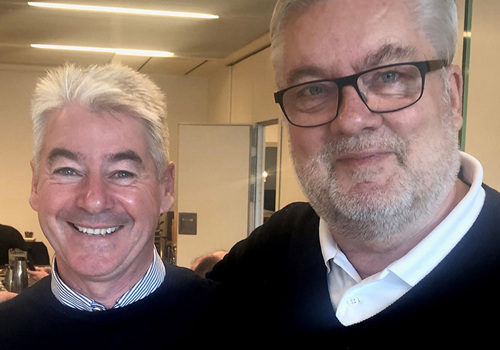
Mike McNamee, Professor of Applied Ethics, Swansea University, United Kingdom/Professor of Ethics and Integrity, KU Leuven, Belgium (left):
As a researcher, I am excited about working with a group of expert practitioners who are in the everyday world of sport policy and practise dealing with the challenges of athlete representation. Together we will try to understand the needs of athletes as key stakeholders, from grassroots to elite sport all of whom have their own - more or less - democratic models of organisation and priority setting.
Harri Syväsalmi, The Football Players Association of Finland, Finland (right):
I helped establish the Finnish Centre for Integrity in Sport because Finland needed a body to implement anti-doping conventions, match-fixing conventions and conventions on spectator safety and security. After two weeks I noticed that was not enough. We have to strengthen the ethical foundation of sport, and you cannot do that without the athletes.
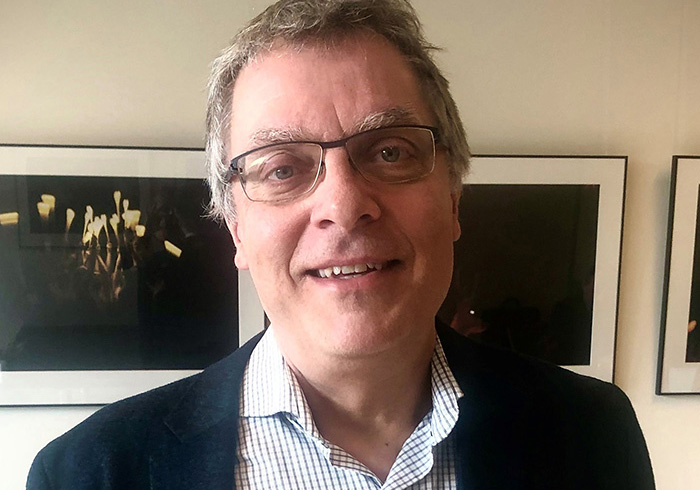
Jens Sejer Andersen, International Director, Play the Game
I think one of the fundamentals of this project is to recognise that athletes’ voices have many legitimate channels to move through. Our pioneering task here is to get an overview over the various kinds of athlete representation and their benefits and downsides. We want to see if we can develop new platforms that can create more synergy between athlete voices and identify new methods of giving the athletes their legitimate rights to influence the sport they are the primary agents of.
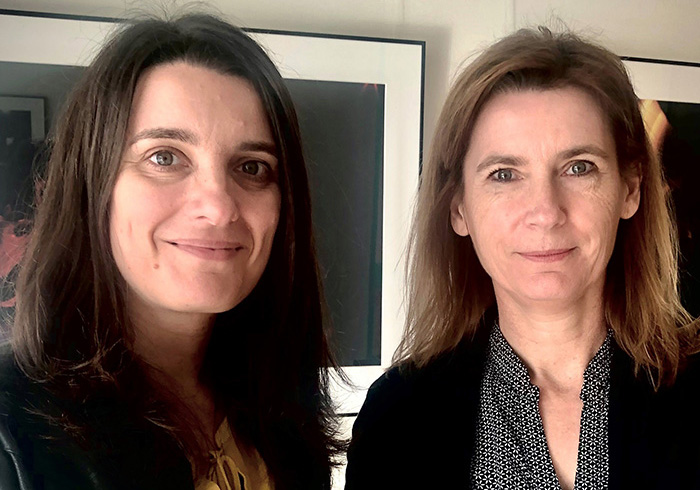
Simona Kustec Lipicer, Professor, Faculty of Social Sciences, University of Ljubljana, Slovenia (left):
The most important issue with regards to athlete representation is the question of voice. It is a question of respecting fundamental human rights that you have the possibility to say what you think and what you need. It is a fundamental question of human dignity and respect, an elementary question of democratic principles.
Mojca Doupona, Professor, Faculty of Sport, University of Ljubljana, Slovenia (right):
Athlete representation on a board is not enough. They also need to be heard. Wherever they are, their voices need to be heard. Athletes have their own views on how to solve or act on a problem, and that’s why we need to listen to them.
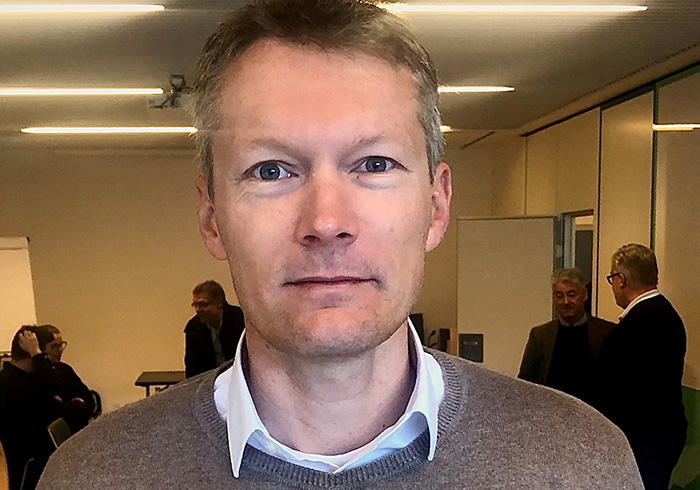 Chiel Warners, The Nederlands Olympisch Comité * Nederlandse Sport Federatie, the Netherlands
Chiel Warners, The Nederlands Olympisch Comité * Nederlandse Sport Federatie, the Netherlands
I think this project is a great opportunity for athletes to be empowered and get tools to be active in athlete representation and represent themselves. The uniqueness of this project is that it looks both at the perspectives of the athletes as well as the perspectives of the organisations that athletes are part of to see why things are not working as well as they should where it comes to athlete representation. It would help the organisations to see the benefits of good athlete representation. If we work from both angles, the chances of success are best.
Dr. Alberto Carrio Sampredo, Lecturer in Legal Philosophy, Pompeu Fabra University, Spain
The most important issue with regards to athlete representation is the need to improve the legitimacy of sports organisations so they become more open and more democratic. We need to end the paternalistic behaviour of sports organisations. Athletes have a right to be represented in an organisation.
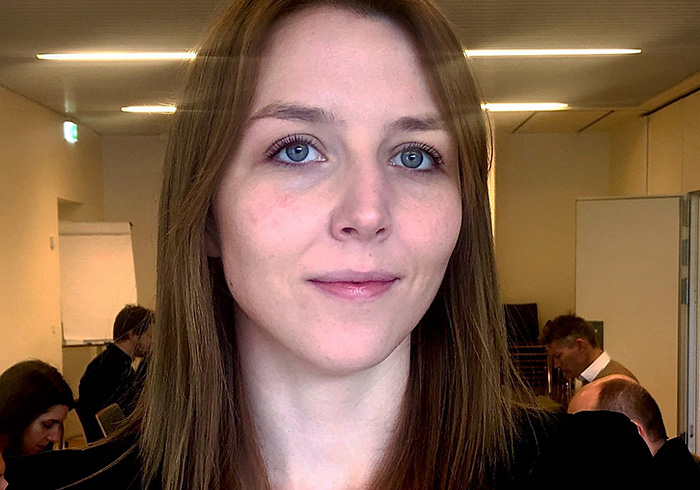
Paulina Tomczyk, Secretary General, EU Athletes
The importance of athlete representation in sports governance cannot be overstated. By working in partnership with athlete organisations, sports bodies can assure that the rights and interests of key stakeholders are respected so sport is being developed in a way that is beneficial for athletes and all involved. I believe the SAPIS project can help athletes realise the potential of their collective power to stand up for their rights and improve sports governance.
More information
Read more about the project on the SAPIS website